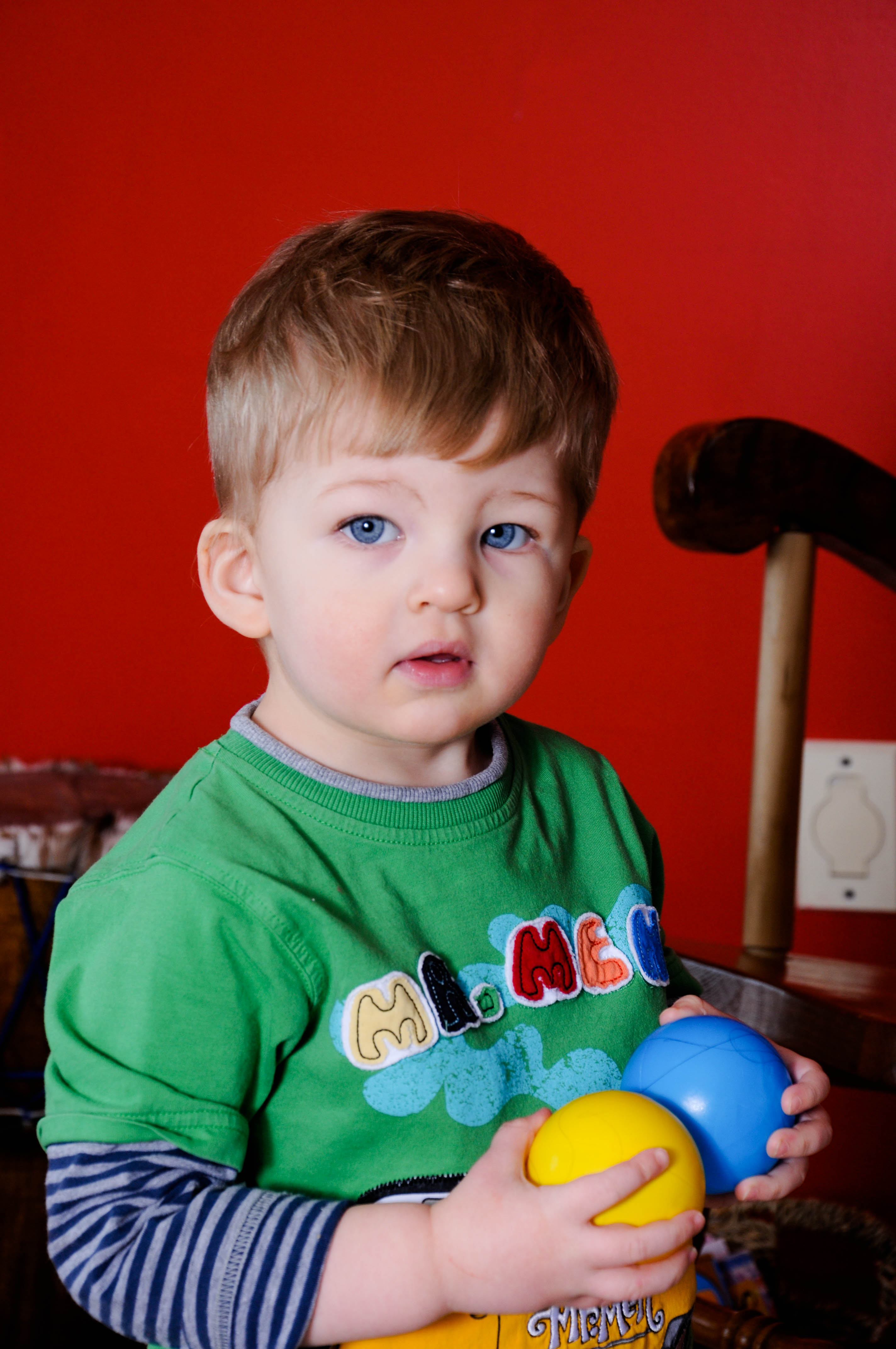 Little fingers swipe and stab at the iPad screen. An arrow traverses the “slide to unlock” bar and the monitor scrolls to the third page of apps, where YouTube’s icon zooms into yesterday’s search results. My one-year-old son chooses his favourite episode of Pocoyo – an animated, Spanish children’s show that’s been translated into English and narrated by the incomparable Stephen Fry.
Little fingers swipe and stab at the iPad screen. An arrow traverses the “slide to unlock” bar and the monitor scrolls to the third page of apps, where YouTube’s icon zooms into yesterday’s search results. My one-year-old son chooses his favourite episode of Pocoyo – an animated, Spanish children’s show that’s been translated into English and narrated by the incomparable Stephen Fry.
Before my son was able to utter the word “poco,” directing an adult to find the TV program for him, he could do this series of actions to meet his own needs. When he tired of Pocoyo, he could press the square button to close YouTube, scroll over to the videos app and press play on Curious George, restarting the movie if necessary.
Much as I’d like to attribute his ability to early signs of brilliance, a more parsimonious explanation involves the intuitive user interface, combined with his native status in this generation of technology users.
The apple iconography might even be his mother tongue (not that he spends much time with it – maybe 15 or 20 minutes in a day). We who adopted the Internet in adulthood are the immigrants and may never move with the fluency of a native speaker. Then again, the technology is moving so quickly that my son will be the immigrant almost as soon as his sensitive learning window closes.
What do we know about families in which the parents are immigrants and the children citizens by birth?
We know that as parents lose status in wider society by immigrating – particularly ESL adults – children gain status within the family. They become translators, links to the community through their schools and activities, and pseudo-adults as they transmit their more-easily-acquired cultural knowledge to their parents. Of course, the vast majority of information flow is still directed from adult to child, but the bidirectional nature raises the youth’s prestige and somewhat devalues the adult’s wisdom.
As the pace of technological change accelerates, the same happens in established families. I would submit this is at the root of our increasing veneration of youth. Youth as in young people, and youth as in youngness. Hard-won knowledge from a lifetime of learning becomes, selectively, obsolete. The quick-study properties of a fresh mind are the most adaptive in fast-changing environments. Take climate change – the caribou no longer migrate along the same paths, and the elders’ traditional knowledge is devalued.
Implications for education haven’t fully sunk in, I think. Preparing my son and his peers for that radically different future involves a minimum of hard, informational curriculum and as much resourcefulness, adaptability, and creative problem-solving as we can offer.
Where will this trend take us?
Projections that a singularity approaches, popularized by Ray Kurtzweil, describe a future moment where innovation happens so quickly, we will have to merge with technology to enhance our cognitive capacities enough to understand the next phases of technological development. This is already happening to some extent – where would a present-day inventor be without the internet? – in every way shy of a direct meat-machine fusion.
I wonder whether our obsession with youth and beauty creep down the age brackets accordingly, until the sponge-like toddler becomes the emblem of the age.
It will be critical to balance this out with areas in which the knowledge of the ancients excels in perpetuity – human nature and its attendant follies.
Image: Oliver Gamble
This is great, Jessa. I’m having enough trouble keeping pace with a toddler physically. Doing so mentally isn’t even an option–he’s learning a word a day and I seem to be losing them at the same pace! Is there any way I can go back to the old world of, say, 1991 or so, and have him send remittances to support me?
PS–is it just my immigrant mind, or does not your young fellow share something of Stephen Fry’s noble bearing?
I know how you feel. I have a tough time keeping up with my son because he is so energetic. I grew up with having to translate for my parents and I was the one who got a better education than they did. Teaching my son at an early age has helped me learn faster than someone who is starting off at school.
My granddaughter at a very early age, to young whatever age she was, kept pushing the face of my ordinary watch, then looking at me in disappointment because nothing happened. She was much to young to talk at the time but she knew enough to quest for a surprise.
I think its great that you are doing that for your child because it will help him in the long run. Wanted to add more to my comment. Thanks!
“We know that as parents lose status in wider society by immigrating – particularly ESL adults – children gain status within the family.”
That is quite true especially the translator part. It’s an interesting article.